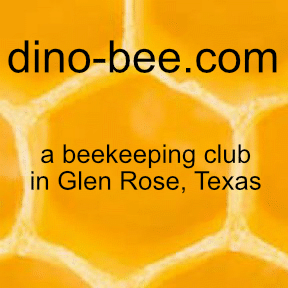Local Honey and Your Allergies
/Honey Bee on Clover Blossom
You’re Not Gonna Want to Hear This
The I-Eat-Local-Honey-to-Relieve-My-Allergy-Symptoms reasoning is easy to understand. In the spring and summer allergy symptoms make you miserable. The misery happens when airborne pollen entering the body through the nose and throat triggers these symptoms (the body produces antibodies to fight off these foreign particles). Bees gather pollen locally to make honey. Therefore if you eat local honey from local bees you will ingest local pollen. You will build “resistance” to local pollen and thereby alleviate the misery. Pretty straightforward.
Before I unfold my card table and hawk my honey as an allergy reliever, I wanted to understand the hard evidence supporting the age-old Local Honey/Allergy claim. So I did a self-guided google tour of scientific/medical literature, and talked to a few allergy docs. Turns out the story may be more myth (or honey industry marketing strategy) than fact. Here’s why.
A). First and foremost, bees don’t use pollen to make honey. Idealy honey is made from wildflower nectar, but in a pinch (e.g. a drought year) can be made from other things too - like sugar syrup and even honeydew from insects. Pollen gets into honey strictly by accident. This happens when pollen particles rub off the bees as they prepare the comb cells and deposit the uncured honey (nectar). See next point.
B). Accidental pollen in honey means it is not possible to calculate an accurate pollen dose. Pollen counts in a tablespoon of honey can vary greatly from hive to hive, and even in jars of honey collected from the same hive. As with any medication, if an accurate and consistent dose is not possible, a predictable consistent effect is not possible either.
Honey Bees and Stored Pollen
C). Here’s the kicker. For most people, allergy symptoms are caused by airborne pollen from grasses and trees. This type of pollen is light and dusty so it can be carried by the wind. Bees gather pollen from flowers. Flower pollen is sticky and heavy - better suited for clinging to pollinators as they fly from flower to flower. So the type of pollen causing most allergy sufferers' spring and summer agony, never makes it into local honey.
Bottom Line ...
There are plenty of good reasons - enzymes, antioxidants, flavonoids- to eat raw, unfiltered honey from local hives. Relieving your spring and summer allergy symptoms may not be one of






